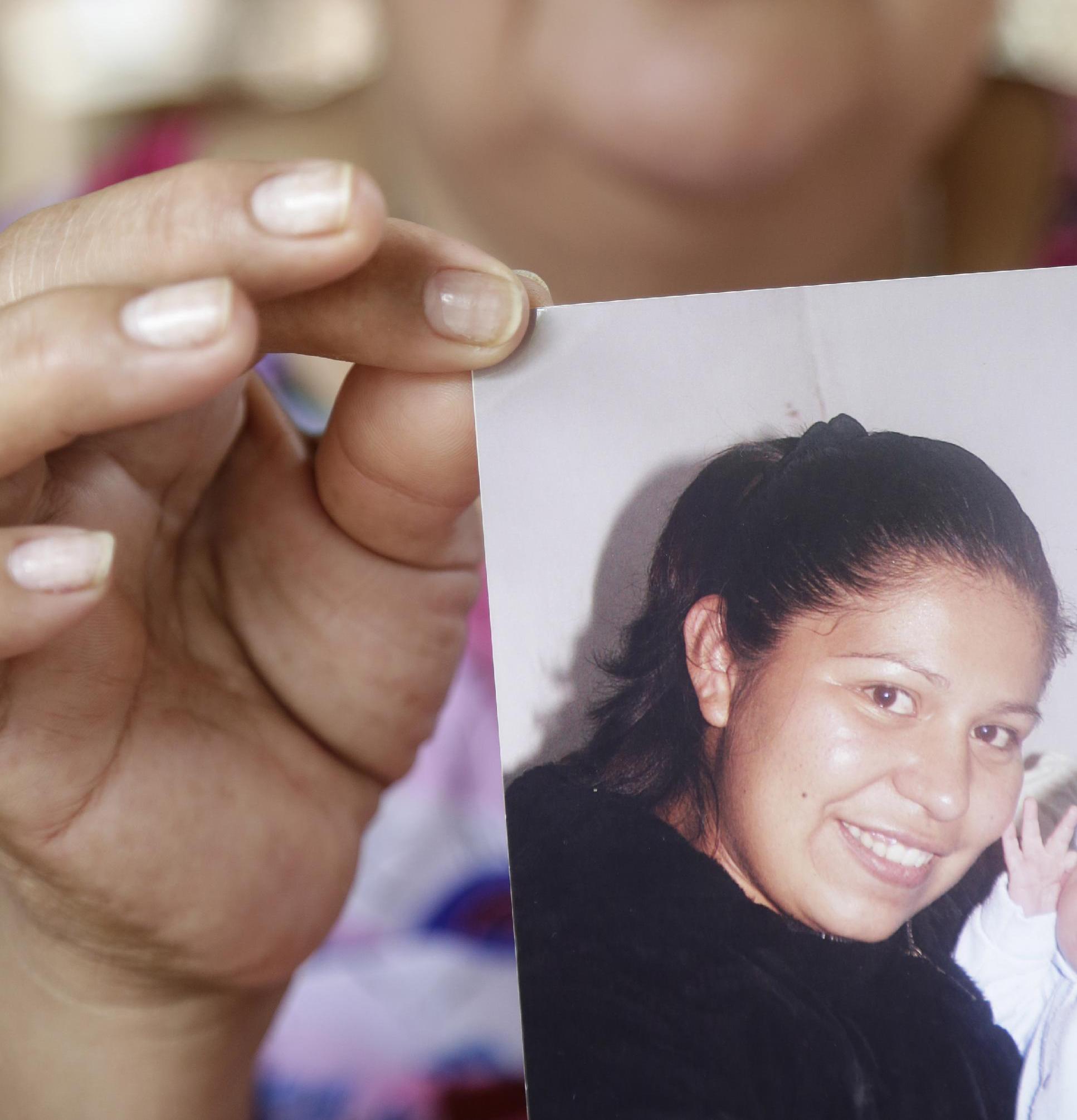Paraguay tries to stop execution of woman in China
The plight of Rosalia Amarilla, 31, has become a cause celebre in her country of Paraguay and a controversy internationally. Amarilla was arrested on the afternoon of July 24, 2012 in Beijing’s main airport, wearing more than three kilograms of cocaine stuffed into her underwear and bra. The clothes vendor is now awaiting execution on drug trafficking charges. Paraguayan prosecutors and diplomats, as well as human rights activists, argue that Amarilla was forced to carry the narcotics and should not be put to death. Paraguayan senators have signed letters demanding her release, and her friends and former high school classmates have marched through the streets of the capital of Asuncion demanding she come home.
We want this to be an example so that there are no more women in this situation. We’re hoping that we will see Rosalia coming home.
Rosalia Amarilla’s older sister Patricia
Santiago Fiorio, an official with the foreign ministry’s human rights department, said the Chinese have revealed the courts will review the case in July. The Chinese Foreign Ministry added more details in a statement, saying the Beijing High Court approved a two-year suspension of her death sentence in July 2013. Judicial authorities in China often commute death sentences to life in prison or other non-capital punishments after such suspensions. But with the case review coming up and her execution still a possibility, Paraguayan prosecutors are rushing to finish detailed investigations into exactly how Amarilla ended up in Beijing and who brought her.
It’s mainly women who are victims, who are looking for better work. We want to know how many cases there are in China and in the region. These are extremely dangerous international networks who make a practice of doing this.
Elba Nunez, the regional coordinator of CLADEM, a Latin American women’s rights group

Asia-Pacific